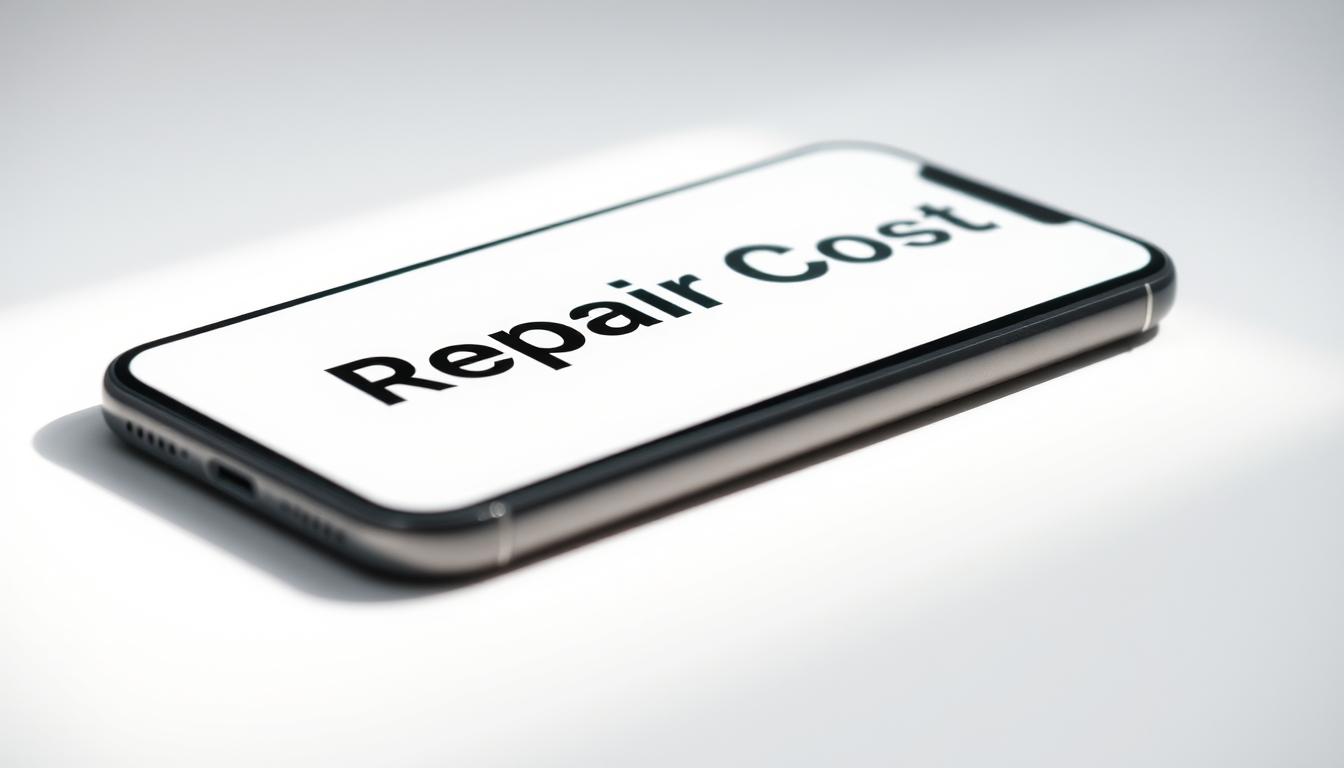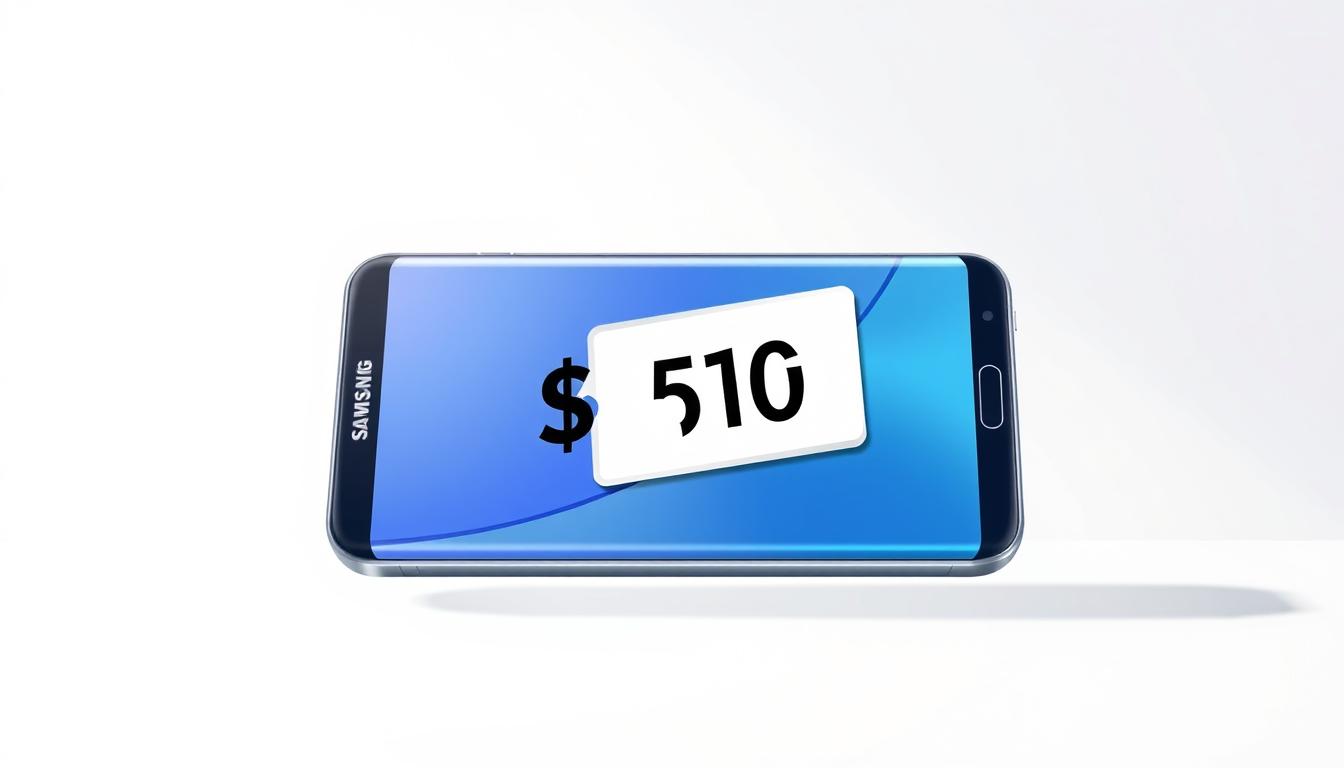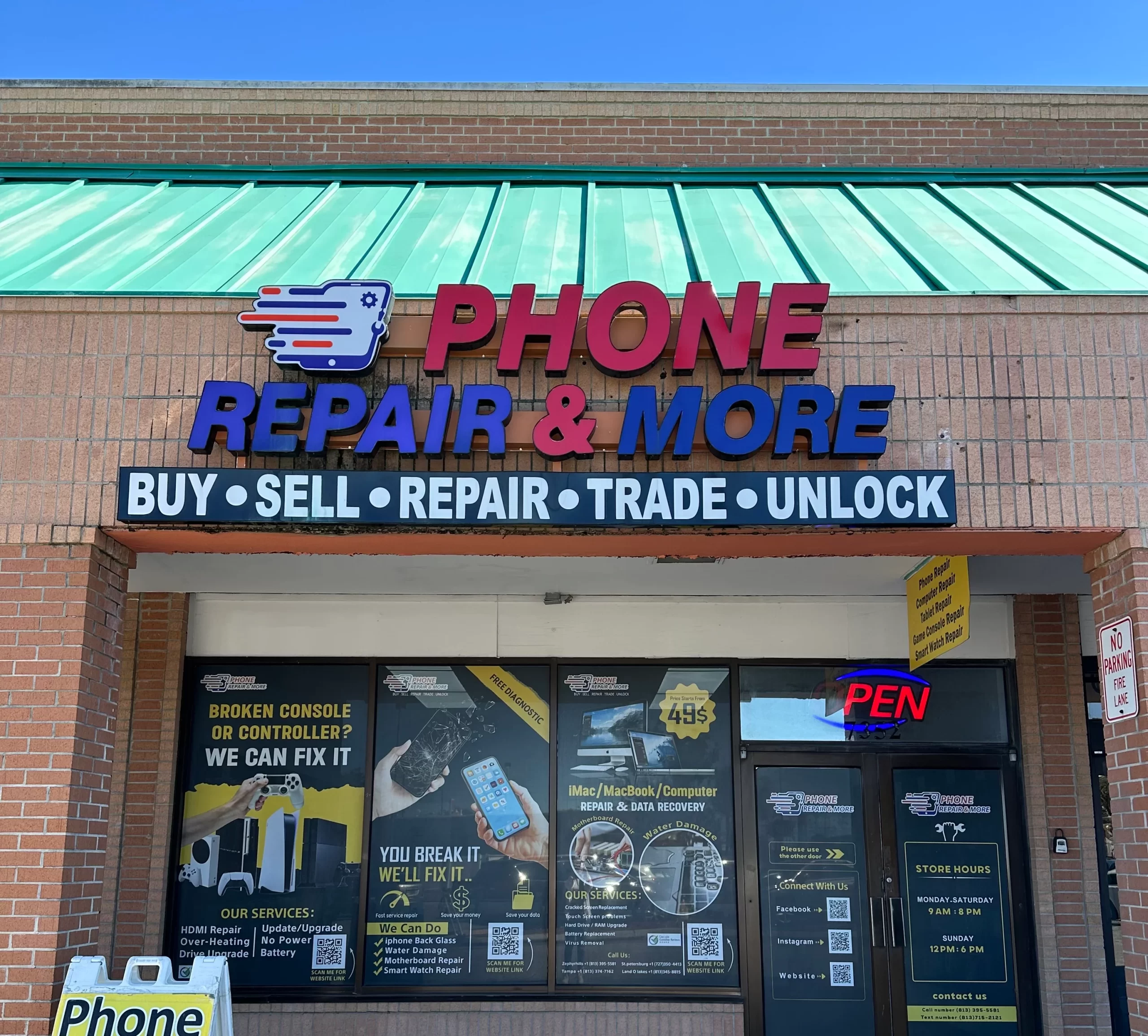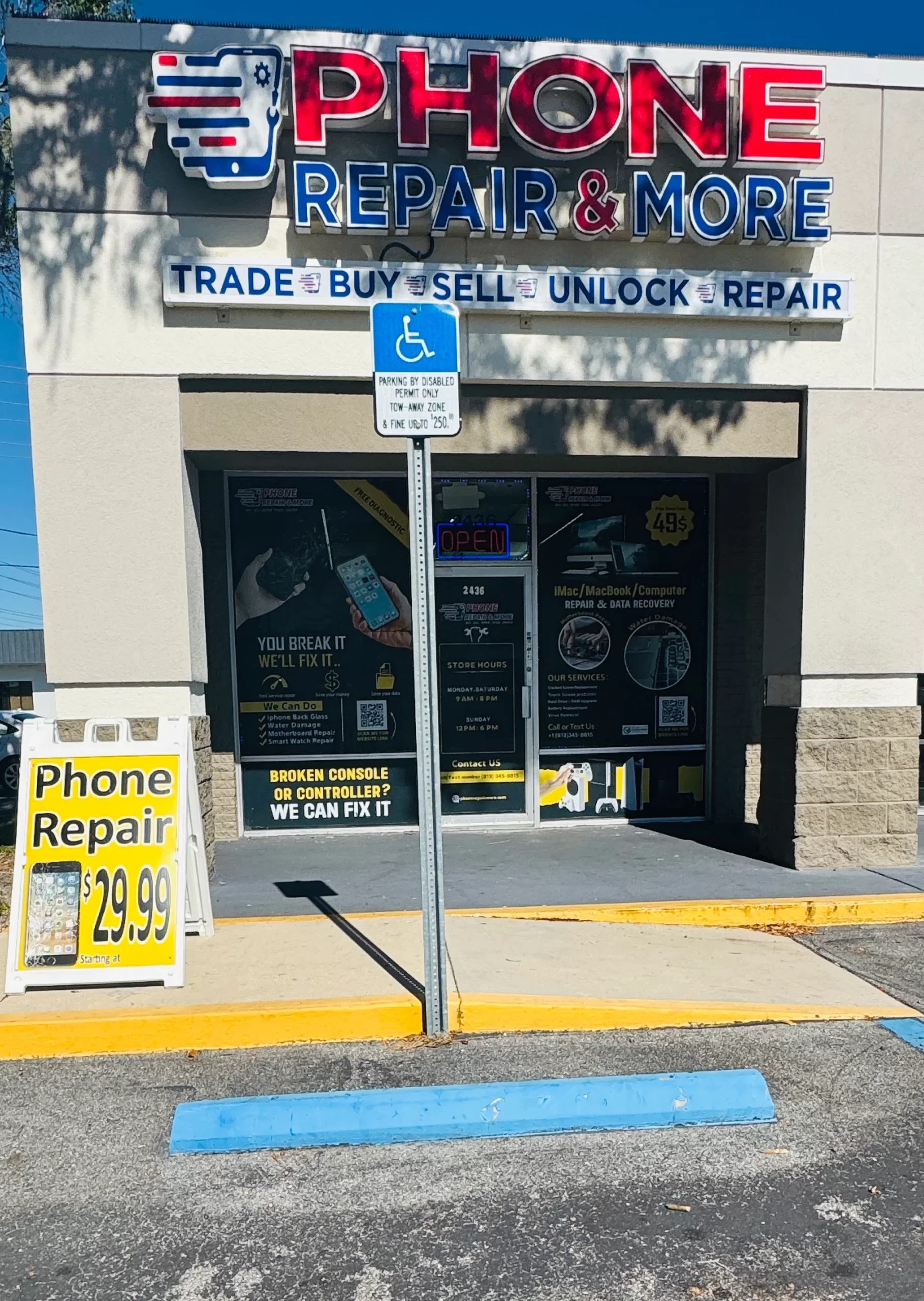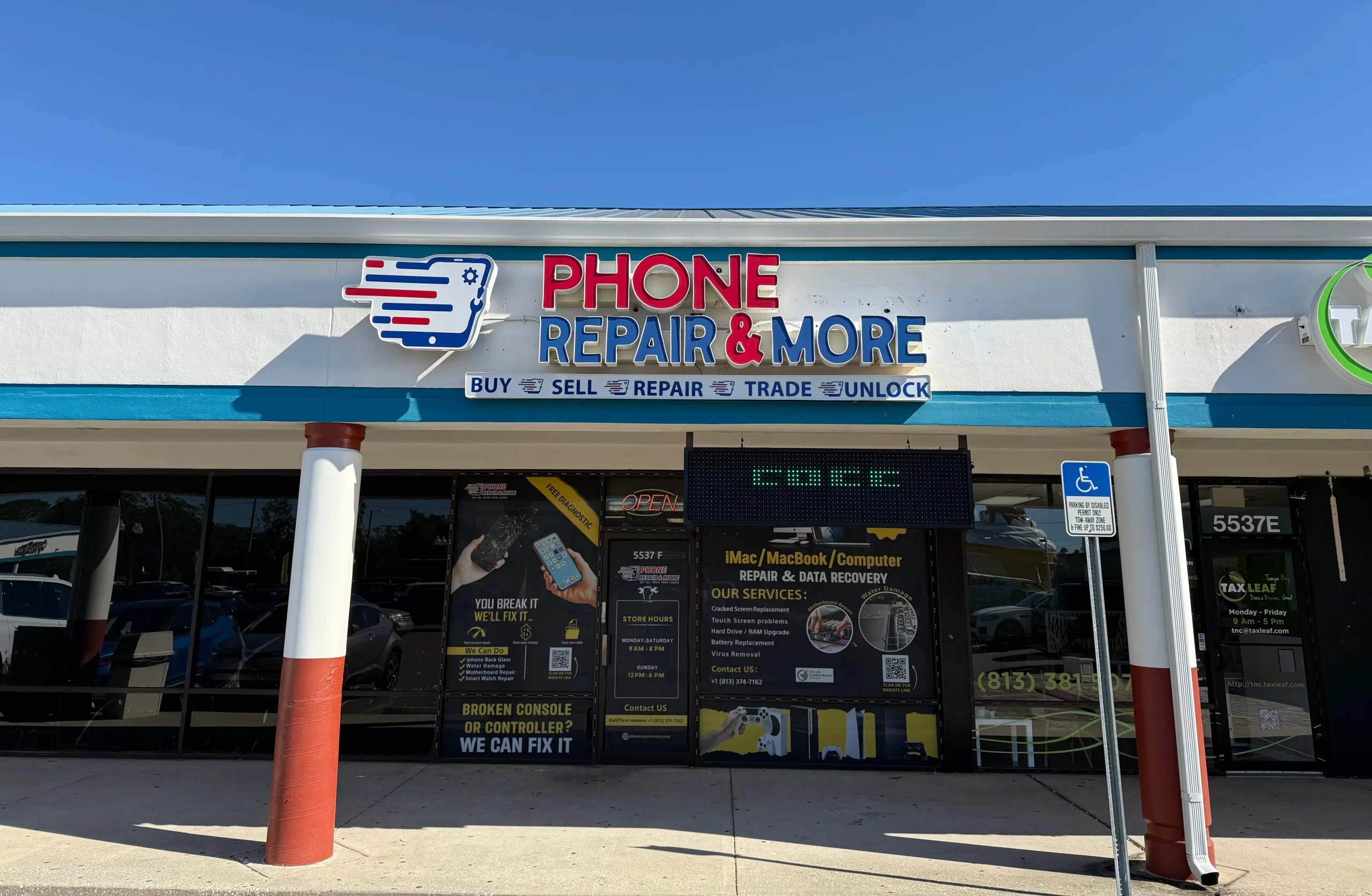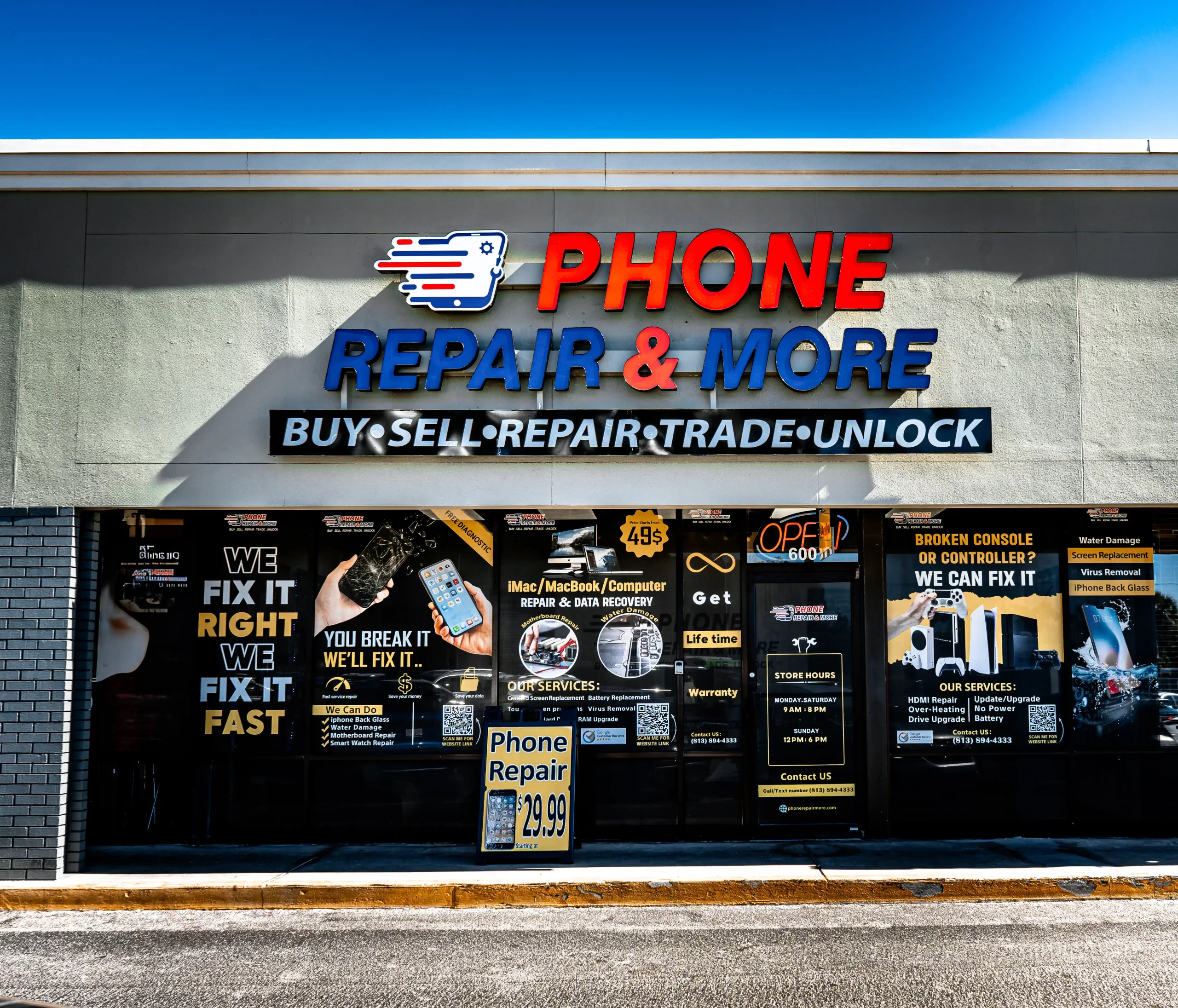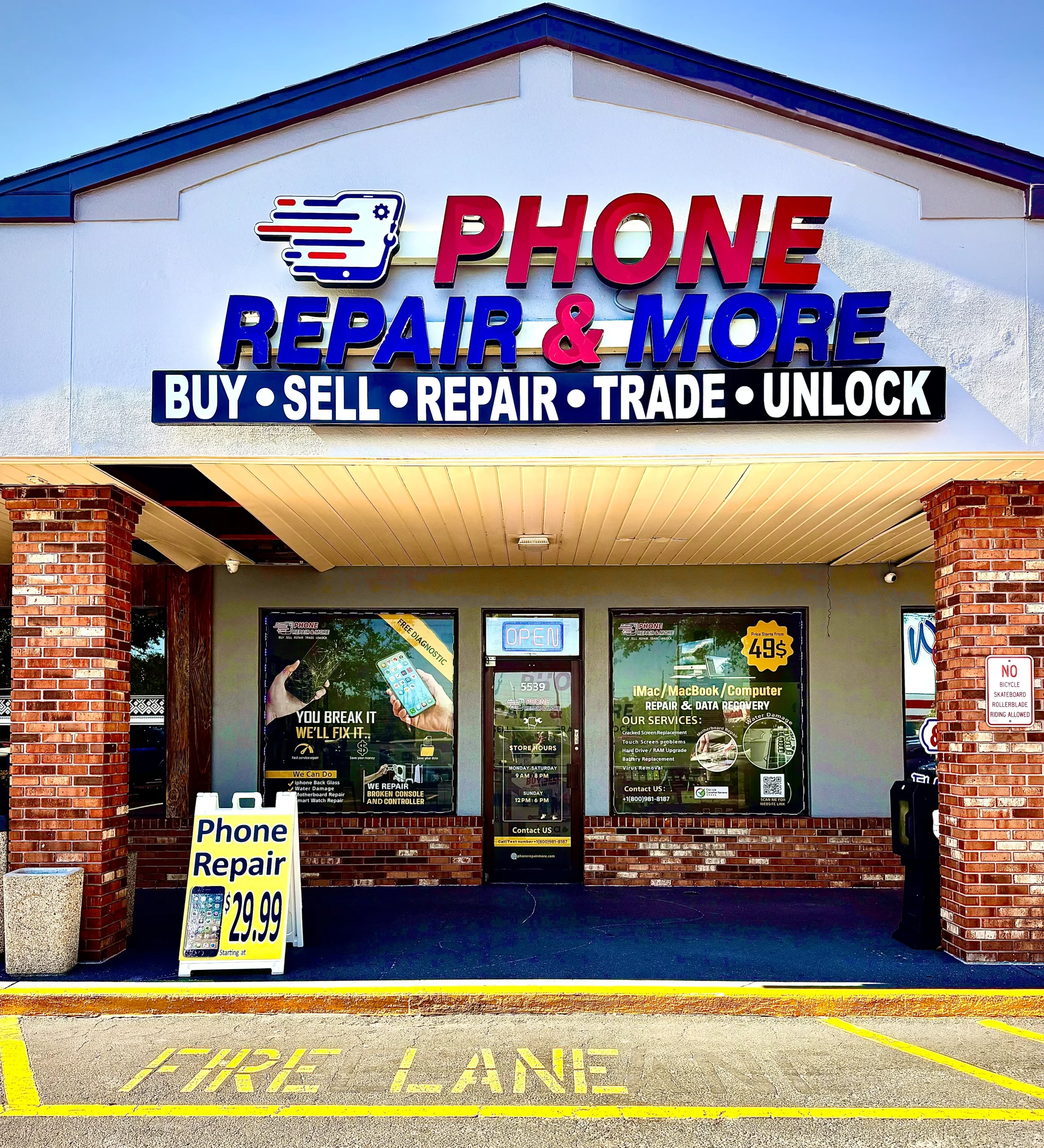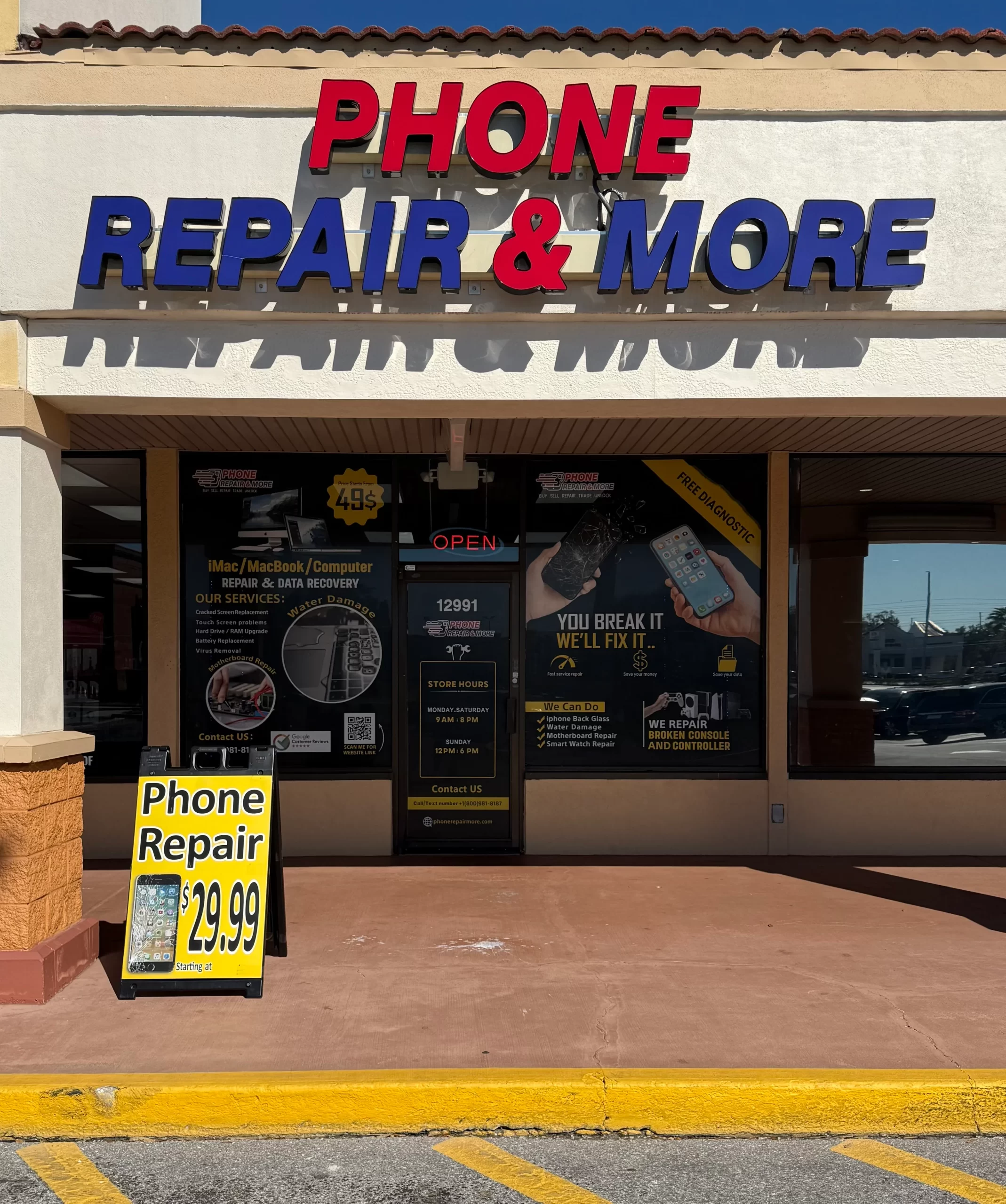Introduction
In today’s tech-driven world, owning a computer is almost a necessity for both work and leisure. However, knowing whether your computer is performing optimally or if it’s time for an upgrade can sometimes be challenging. The question, “Is my computer good or bad?” depends on various factors such as performance, reliability, and whether it meets your current needs. In this blog, we’ll help you assess your computer’s performance by examining key indicators and provide tips on when it may be time to upgrade or repair your device. For those dealing with persistent issues, professional assistance from Phone Repair & More is available.
Table Of Contents
- How Do I Know If My Computer Is Good Or Bad?
- Performance: Speed And Responsiveness
- Hardware Condition And Reliability
- Software Functionality
- Lifespan Of Your Computer
- Phone Repair & More: Professional Help For Computer Issues
- Frequently Asked Questions (FAQs)
- Conclusion: Assessing Your Computer’s Health
How Do I Know If My Computer Is Good Or Bad?
Performance: Speed And Responsiveness
The most immediate way to determine if your computer is performing well is by assessing its speed and responsiveness. If your computer boots up quickly, loads applications without delays, and allows you to multitask smoothly, then it’s likely in good condition. However, if you notice the following signs, your computer may be underperforming:
- Slow boot times
- Frequent freezing or crashing
- Lag when switching between programs
- Slow file transfers or downloads
These issues could indicate that your hardware is aging, your system lacks sufficient resources, or there’s a software problem, such as malware or too many background applications running.
Readers Also Liked: Can I Bring My PC To Best Buy For Them To Fix?
Hardware Condition And Reliability
A computer’s hardware plays a significant role in determining whether it’s good or bad. Check the following components for signs of wear or failure:
- Hard Drive: If you hear strange clicking noises from your hard drive or experience data loss, it might be failing. In such cases, upgrading to a solid-state drive (SSD) can drastically improve performance.
- Battery (for laptops): If your laptop’s battery drains rapidly or won’t hold a charge, this could be a sign of battery degradation.
- Fan and Cooling: Overheating is a common issue in older computers and can cause performance drops. If your computer gets hot quickly or the fan is constantly running at high speed, the cooling system may need maintenance.
- Display: If your screen has dead pixels, flickers, or fails to turn on, this indicates a hardware problem with the display.
Software Functionality
Your computer’s software should function without glitches, allowing you to run the latest applications, access the internet, and manage your files seamlessly. A good computer should be able to handle:
- Operating System Updates: If your computer can run the latest OS updates without issues, it’s in good shape. Older computers that struggle with these updates may need a hardware upgrade.
- Virus and Malware Protection: Your system should be able to handle security software to protect it from online threats. If viruses frequently affect your computer, or if the system becomes sluggish due to heavy security applications, it could signal deeper issues.
- Software Compatibility: If your computer cannot run modern software applications or frequently crashes when using certain programs, it might be time for a hardware upgrade or software reinstallation.
Lifespan Of Your Computer
Age Matters
The average lifespan of a computer varies depending on its usage, but most computers last between 4 to 6 years. After this period, you may notice performance declines due to outdated hardware. A good way to determine whether your computer is nearing the end of its lifespan is by checking if it can handle modern software and multitasking.
When To Consider An Upgrade
If your computer can no longer keep up with your daily tasks—whether it’s for gaming, graphic design, or simply browsing the web—it may be time to consider upgrading. Frequent crashes, hardware malfunctions, or inability to run the latest software are signs that you need a new machine.
Recommended: Can A PC Be Repaired?
Phone Repair & More: Professional Help For Computer Issues
Expert Diagnostics And Repairs
If you’re unsure whether your computer is good or bad, Phone Repair & More can provide expert diagnostics to assess the condition of your system. Their technicians can identify whether hardware or software issues are causing problems and offer solutions such as upgrades, repairs, or maintenance.
Cost-Effective Solutions
Before buying a new computer, consider consulting with Phone Repair & More to explore repair or upgrade options. Upgrading components like RAM, hard drives, or replacing faulty parts can significantly improve performance and save you money.
Frequently Asked Questions (FAQs)
How Can I Tell If My Computer Is Running Slow Due To Hardware Or Software?
If your computer is slow after installing new software, it may be a software issue. Hardware problems like failing drives or insufficient memory also contribute to slow performance.
Can Phone Repair & More Help With Computer Diagnostics?
Yes, Phone Repair & More offers diagnostics to assess hardware and software issues, and they provide repair or upgrade services.
When Should I Consider Replacing My Computer?
If your computer is over 5 years old, struggles with basic tasks, or requires frequent repairs, it may be time to replace it.
Best Computer Repair Store Near Me
Determining whether your computer is good or bad depends on factors like performance, hardware condition, and software functionality. Regular slowdowns, hardware failures, or difficulty running modern software are signs that it may be time for repairs or an upgrade. For expert advice and solutions, Phone Repair & More offers diagnostics and repair services to get your computer back in top shape or help you transition to a new machine.



